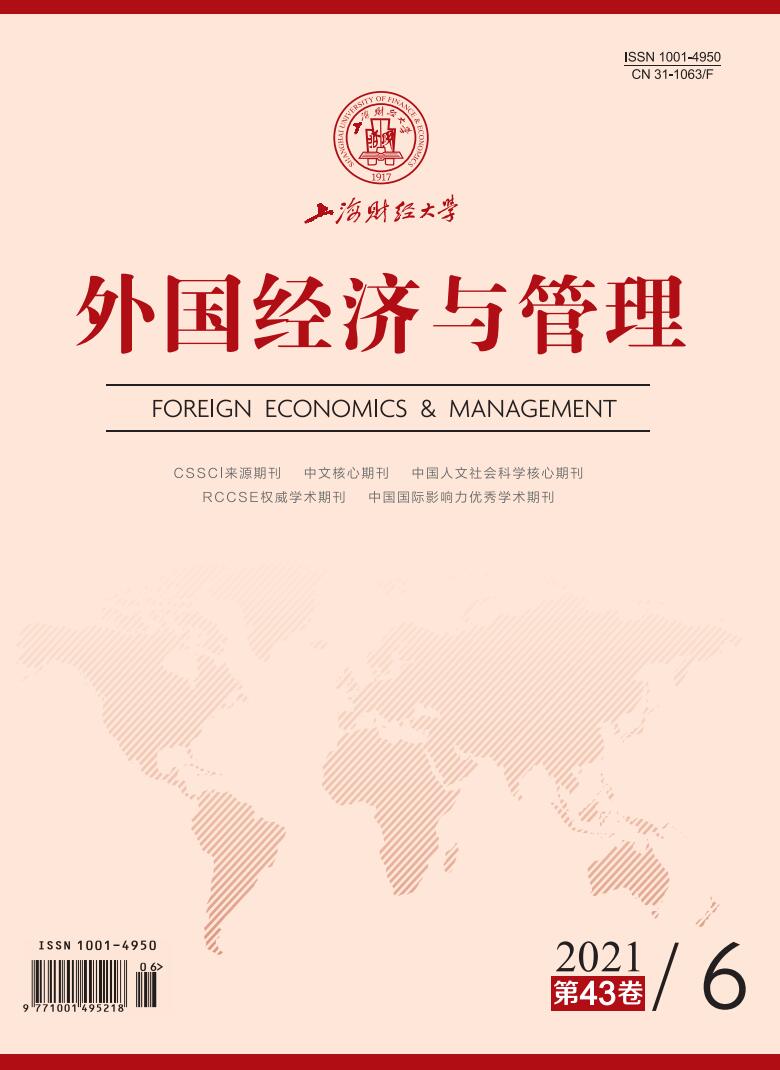With the rapid development in emerging countries in recent years, more and more enterprises have realized the importance of designing and signing a contract in exchange relationships. However, exchange hazards such as exchange uncertainty may exert a considerable impact on inter-firm exchange, lead to conflicts between exchange partners, and result in contractual violation behaviors, which in turn damages the development of exchange relationships. Despite the important findings of existing studies relevant to contract design, the impact of ex post governance such as contract utilization is still unclear and the mechanism of contract utilization remains largely unexplored. Therefore, based on the transaction cost theory and from the perspective of environmental uncertainty, this paper develops a conceptual model between contract utilization and channel relationship performance under the uncertain environment in emerging countries, and investigates the direct effect of contract utilization on channel relationship performance and the impact of joint dependence, reciprocity norms and demand uncertainty on the effect of contract utilization.
The conceptual model and hypotheses were tested by survey data collected from the distributors in computer and computer parts industry in China. In order to improve the consistency and validity of the questionnaire, all the question items were borrowed from previous research and adapted to the research context. To ensure the content validity, a pilot test with 40 respondents from 10 companies randomly selected from the Yellow Pages was conducted. Based on the research context and the interviewees’ valuable feedback, the wording of some items was revised. After eliminating 30 surveys with missing data, 393 usable questionnaires were obtained finally. Confirmatory factor analysis, correlation analysis, structural equation model path analysis and hierarchical regression analysis were used to test the hypotheses.
The results show that contract utilization plays a positive role in promoting the channel relationship performance in channel relationship management. Under the circumstance of exchange uncertainty, when one party utilizes contract to promote relationship performance, joint dependence will amplify the positive impact of contract utilization on channel relationship performance; however, reciprocity norms and demand uncertainty will weaken the positive impact of contract utilization on channel relationship performance. Therefore, this study reveals the mechanism of contract utilization on relationship performance in emerging market countries, and provides more evidence to understand the divergent opinions in existing research about the effect of contract design. This study also enriches the research on ex post governance mechanism by demonstrating the moderating effect of joint dependence, reciprocity norms and demand uncertainty in the link of contract utilization and relationship performance.
This study offers several theoretical contributions and managerial implications. First of all, considering the divergent opinions on the role of contract in previous research, by distinguishing contract design from contract utilization, this study clarifies the important role of contract utilization in emerging market countries, and highlights the positive impact of contract utilization on relationship performance. Secondly, this study investigates the impact of two bilateral variables, joint dependence and reciprocity norms, which can reflect the uncertainty behavior of partners in the process of contract utilization from the perspective of uncertainty. By analyzing the impact of behavioral uncertainty, this study further clarifies the function boundary of contract utilization in channel relationship management. Thirdly, by adding demand uncertainty into the research framework, this study reveals the impact of demand uncertainty on the effect of ex post contract governance, which consequently can help managers to understand the complex and dynamic environment more deeply, and provide helpful guidance for managerial practice.





 6230
6230  5165
5165

